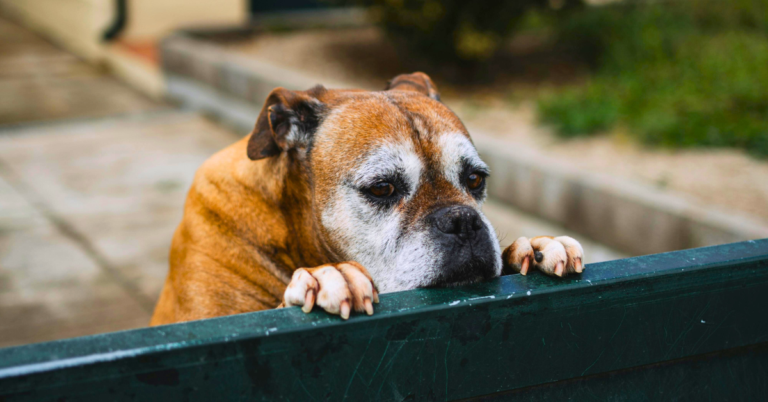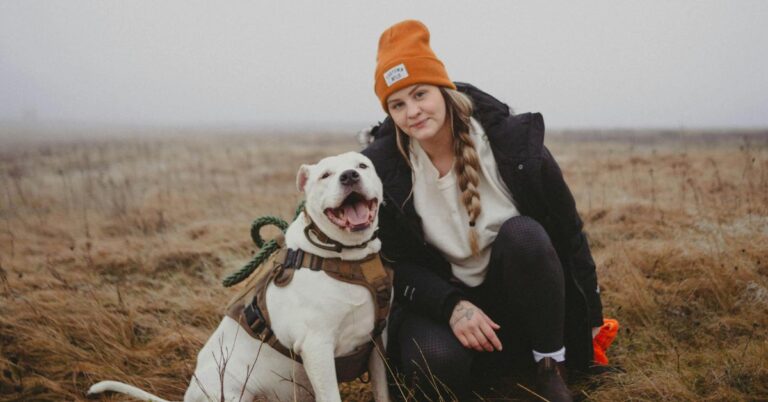15 Things That Can Stress Out a Puppy
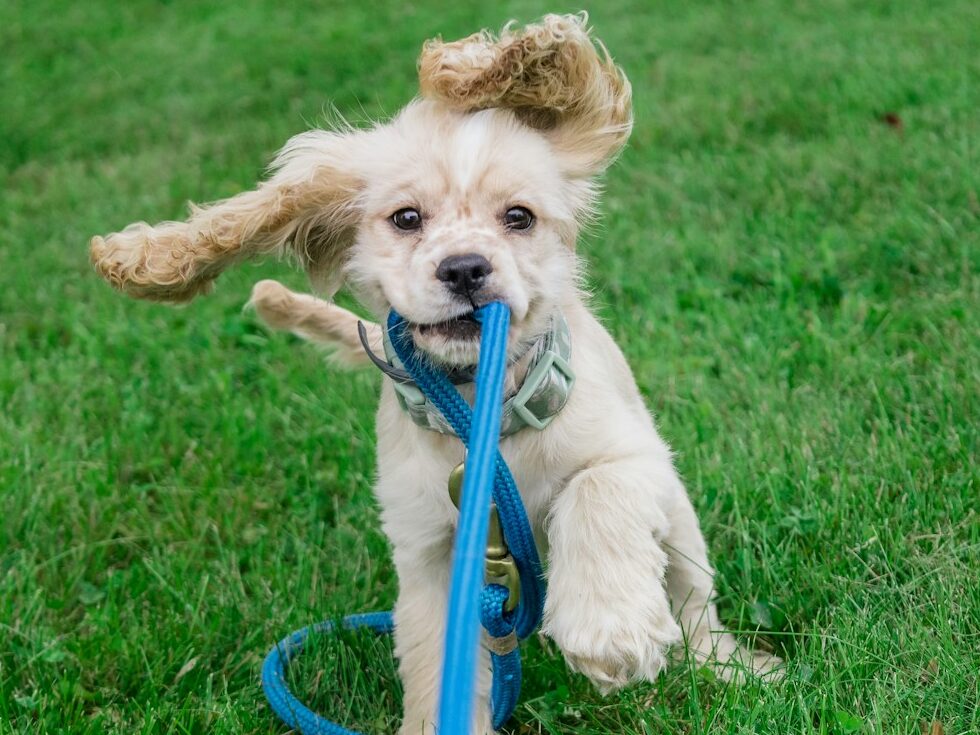
Puppies may seem fearless and playful, but they are also highly sensitive to their environment. Just like humans, they experience stress, and when they do, it can lead to behavioral issues, fearfulness, or even health problems. If your puppy seems restless, scared, or overwhelmed, it could be because of one (or more) of these 15 common things that stress puppies out.
Loud Noises & Sudden Sounds

Puppies have incredibly sensitive hearing, and loud noises can be terrifying. Fireworks, thunder, vacuum cleaners, blenders, or even a loud TV can cause stress. Some puppies will hide, shake, or bark a lot when exposed to these sounds. Introducing them to noises slowly and positively can help them adjust over time.
Being Left Alone for Too Long
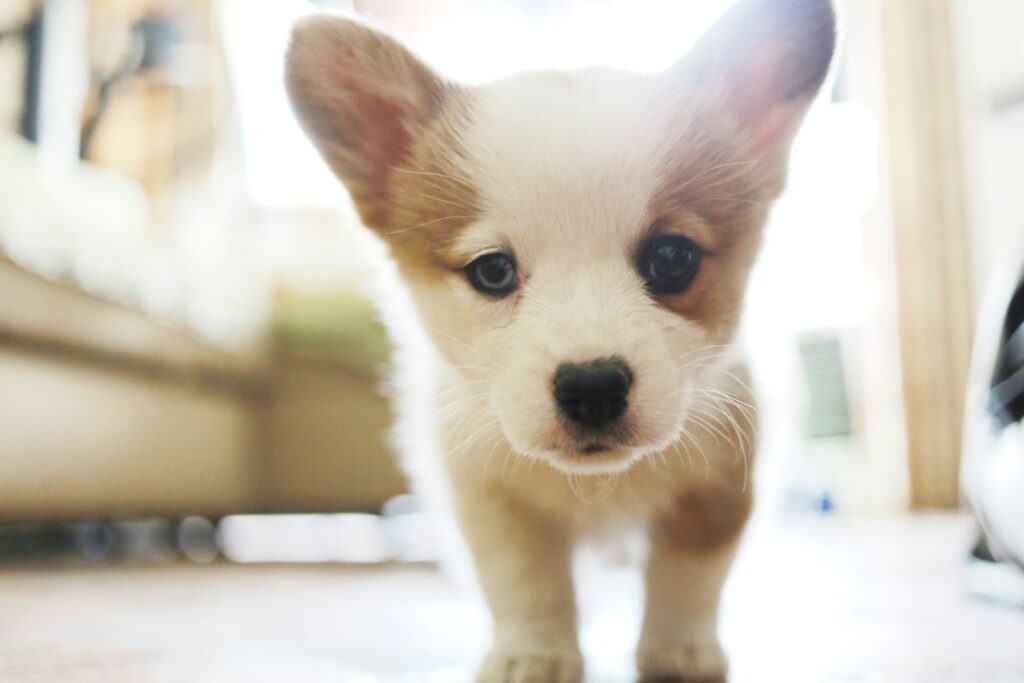
Puppies are naturally social creatures, and being separated from their humans for extended periods can cause severe anxiety. Long hours alone can lead to excessive barking, whining, destructive behavior, or even depression. Gradually increasing alone time and using crate training techniques can help puppies feel more secure.
Meeting Too Many New People at Once

While socialization is essential, overwhelming a puppy with too many new faces at the same time can be stressful. Some puppies may hide or act defensive when surrounded by strangers. Instead of forcing interactions, introduce new people gradually, in calm environments, and let the puppy approach at its own pace.
Being Around Aggressive or Hyper Dogs

Not all dog socialization is positive—being around dominant, aggressive, or overly excited dogs can scare a young puppy. Negative experiences with other dogs can lead to fear-based reactivity later in life. Always supervise playtime and ensure interactions are gentle and safe for your puppy.
Being Handled Too Much (or Too Roughly)

Some puppies don’t enjoy excessive petting, hugging, or being picked up too often—especially by children who may not know how to handle them gently. This can make them feel trapped or anxious. Always let a puppy approach you for affection on their own terms rather than forcing contact.
Unfamiliar Smells & Environments

A puppy’s nose is thousands of times stronger than a human’s, and unfamiliar smells can be overwhelming. Moving to a new home, visiting a vet’s office, or even encountering strong perfumes and cleaning products can stress them out. Gradually exposing them to new environments while offering treats and praise can help them feel more comfortable.
Too Many Training Sessions at Once

While training is important, overloading a puppy with too many lessons in one day can lead to frustration and mental exhaustion. Puppies have short attention spans, and pushing them too hard can make them associate training with stress rather than fun. Short, positive reinforcement-based sessions are the key to success.
A Sudden Change in Routine

Puppies thrive on routine and consistency, so unexpected changes—such as new meal times, different sleeping arrangements, or suddenly being left alone—can make them anxious. Keeping a predictable schedule for feeding, potty breaks, and playtime helps them feel more secure.
Being Scolded or Punished Harshly

Yelling, hitting, or using negative reinforcement can make a puppy fearful and confused. Puppies don’t understand punishment the way humans do, and harsh discipline can lead to anxiety, submissive behavior, or even aggression. Positive reinforcement training is much more effective in building confidence and trust.
Not Getting Enough Sleep
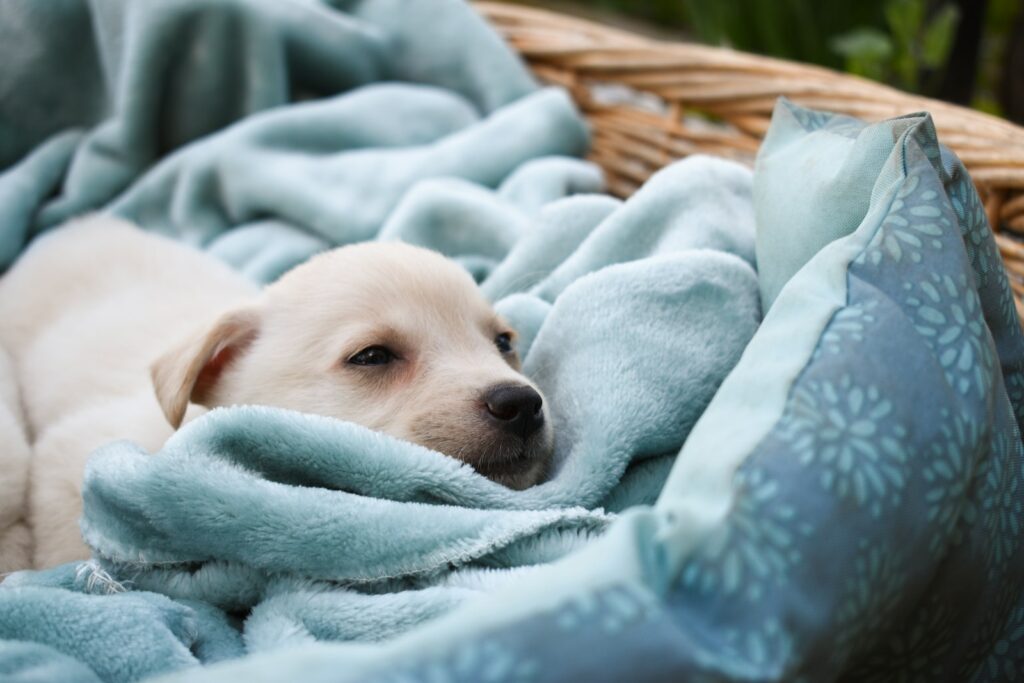
Puppies need 16-20 hours of sleep per day to grow and develop properly. If they’re overstimulated, in a noisy environment, or constantly being woken up, they can become overtired and stressed. A designated quiet space with a comfy bed can help ensure they get the rest they need.
Overstimulation from Too Much Playtime

Yes, even too much fun can be stressful! If a puppy is running, playing, or wrestling with other dogs for too long, they can become overstimulated and start acting nippy, jumpy, or restless. Watch for signs of over-excitement, and allow plenty of breaks for calm downtime.
Forced Interactions with Other Pets

Not all puppies immediately bond with other household pets, and forcing interactions can lead to stress. A puppy that is constantly being chased by an older dog or annoyed by a cat may feel unsafe or anxious in its own home. Give them time to adjust gradually and allow relationships to form naturally.
Car Rides (Especially If They Get Motion Sickness)

For some puppies, car rides are fun. For others, they are terrifying—especially if the only time they get in the car is for a vet visit. Motion sickness, unfamiliar movements, and new surroundings can make puppies associate car rides with stress or nausea. Start with short, positive trips to help them get used to it.
Loud Arguments or Tension in the Home
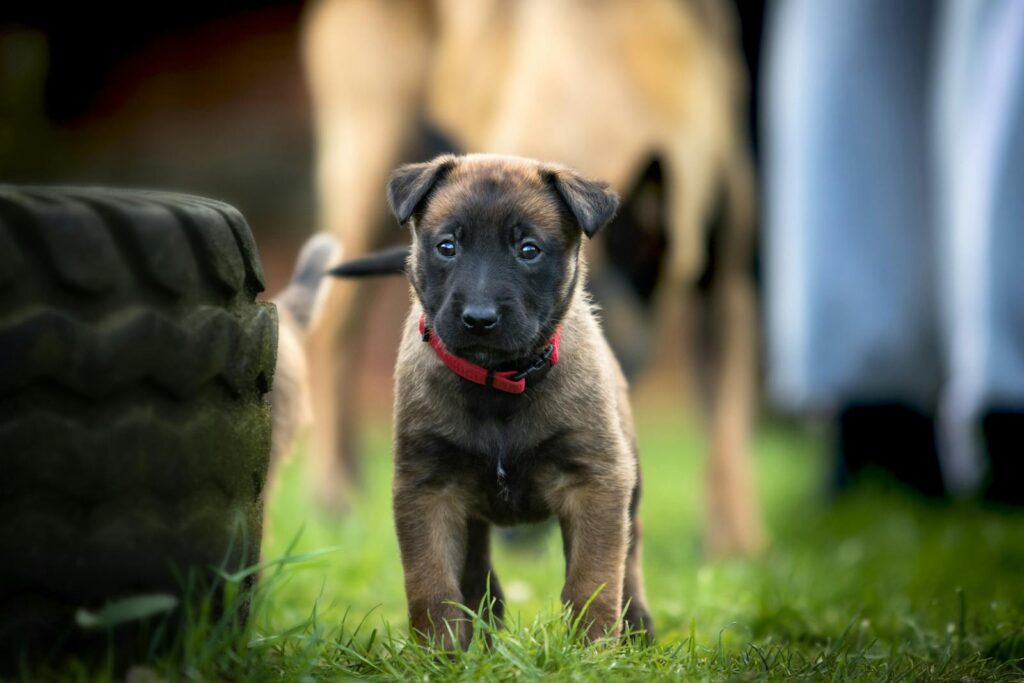
Dogs are incredibly intuitive and can sense human emotions. If there’s yelling, tension, or frequent arguments at home, a puppy may pick up on the stress and become anxious. Maintaining a calm, peaceful environment helps puppies feel safe and secure.
Being Ignored or Left Out

Puppies crave love, attention, and companionship. If they’re constantly being left alone, not played with, or not included in family activities, they can become lonely, stressed, or even depressed. Making sure they get enough social interaction (without overwhelming them) is essential for a happy, well-adjusted puppy.


